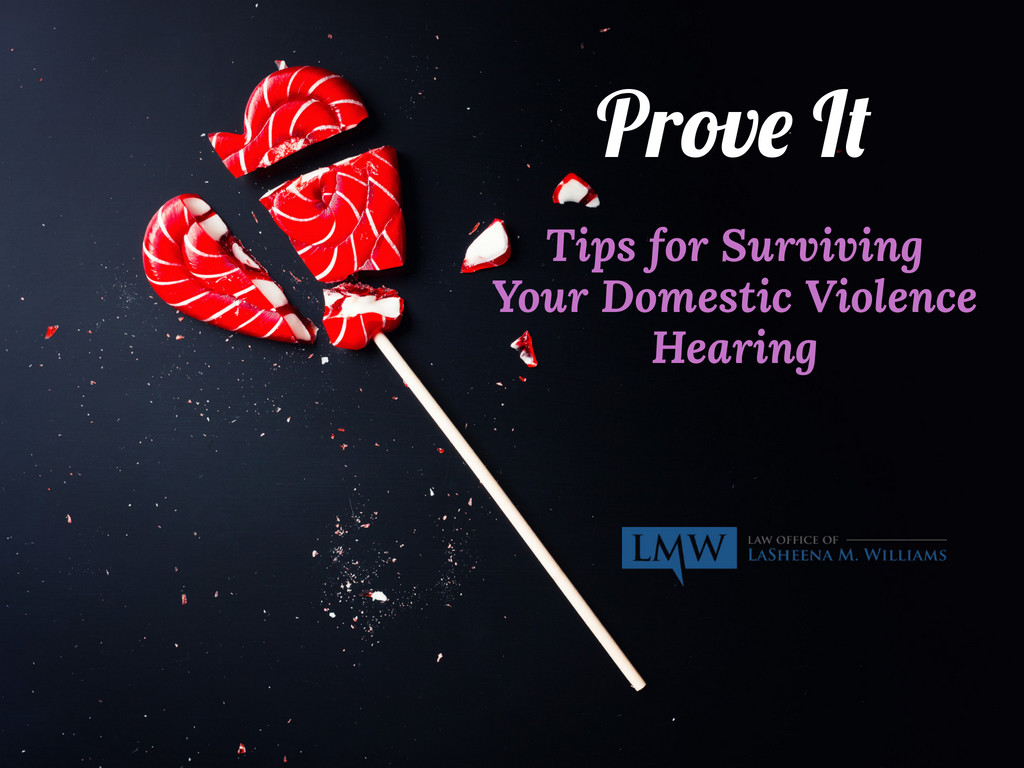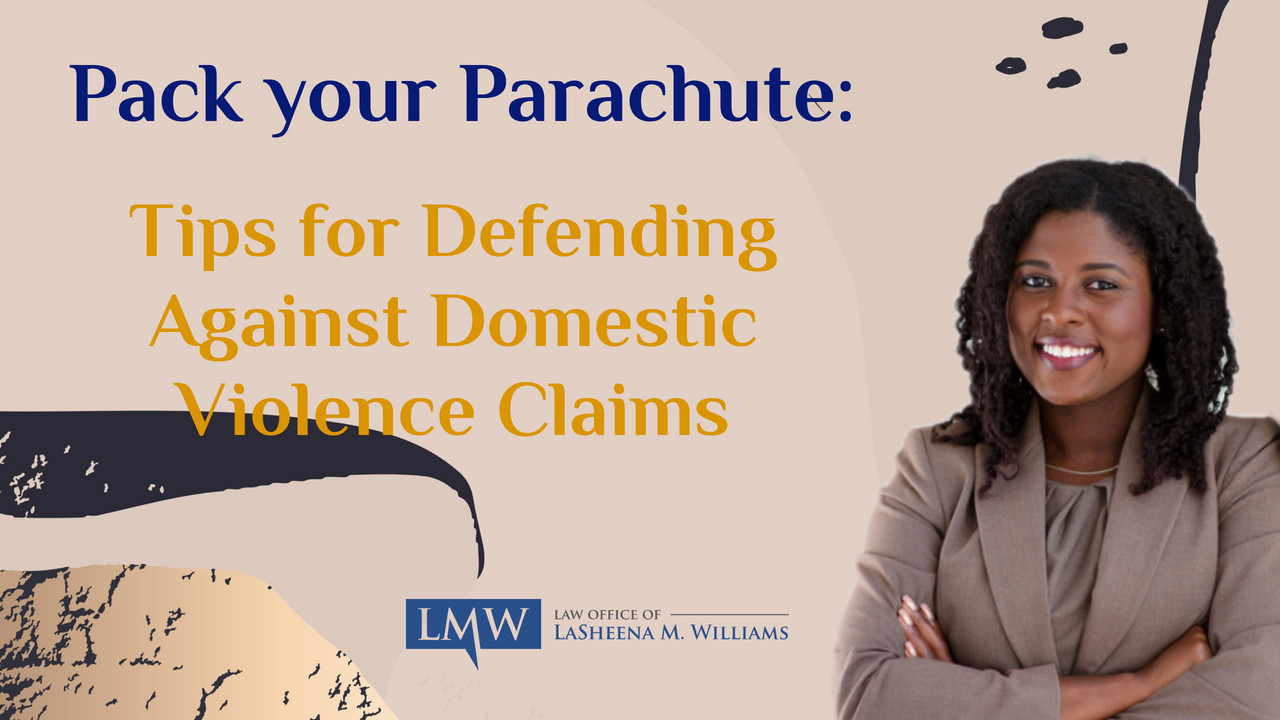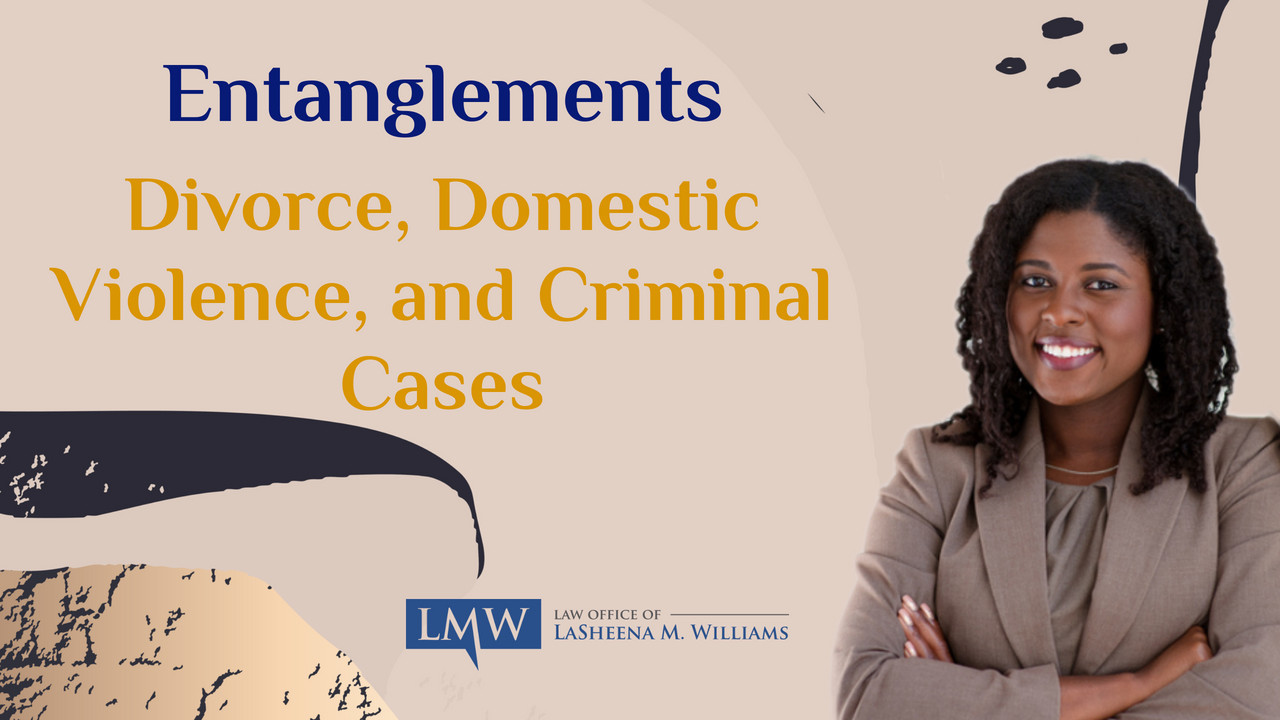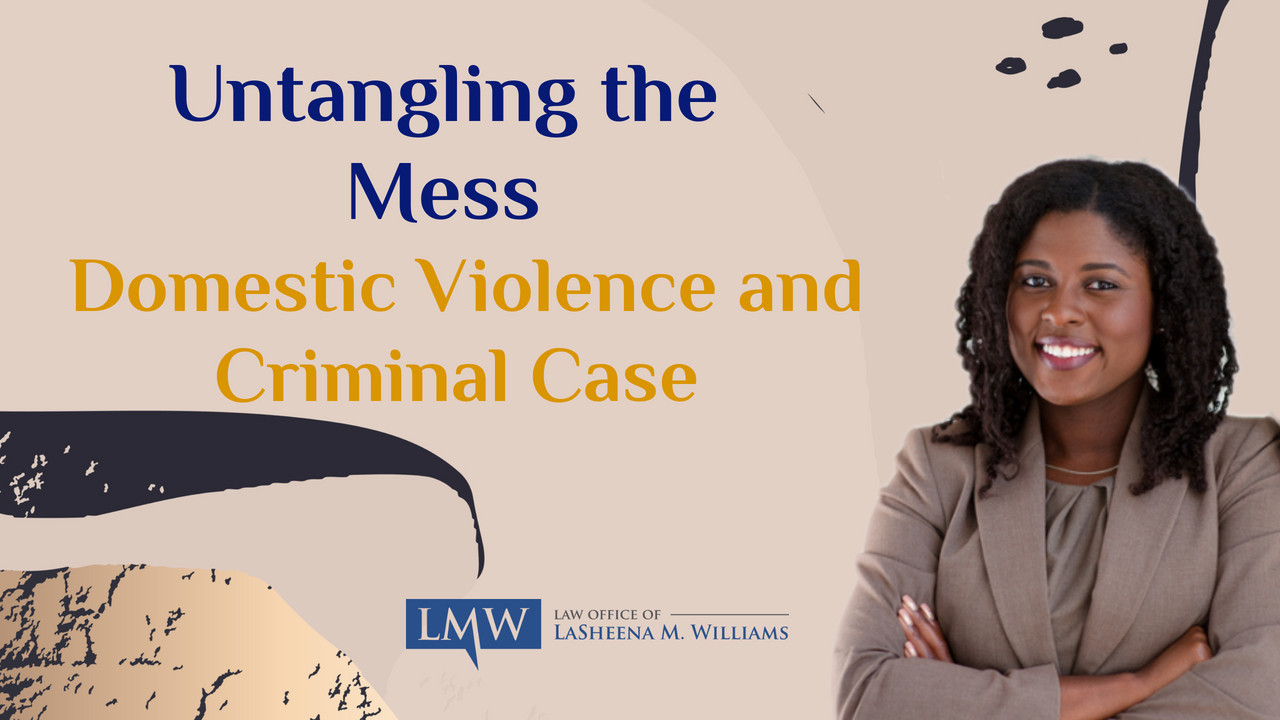What Happens At A Domestic Violence Hearing in Montgomery County, Maryland and Prince George’s County, Maryland
In cases involving domestic violence, a hearing will be held to determine whether a temporary restraining order is necessary. At the hearing, the judge can decide whether enough evidence exists to support a protective order in favor of the petitioner. Protective orders typically prohibit the abuser from contacting the petitioner in any way, – in-person, calls, texts, emails, social media – and from coming within a certain distance of the victim – home, work, school – while the order is in effect.
Temporary child custody determinations can also be granted during the hearing. The judge may award the petitioner exclusive custody of the children or award the abuser modified visitation in order to keep the children safe from witnessing or experiencing further abuse. If the court determines that the abuser also harmed any children in common, the court may order that the abuser have only limited supervised contact or no contact at all with their children.
Domestic Violence Hearings in Maryland: How to Prepare
Organization is key when preparing for your Maryland Domestic Violence hearing. The following tips can help you navigate your Maryland domestic violence hearing:
- Get help if needed: Outside of your attorney, you may need a support system. Reaching out to family and friends, seeing a counselor, or joining a support group for intimate partner violence can provide you with emotional support.
- Document your injuries: This is easier to do in situations involving physical abuse. In such situations, it will help to have photographic evidence of your injuries. You should be prepared to give the court specific details about each injury such as the date, time, and where the incident occurred. Any hospital records or police reports are also sufficient evidence to present to the court.
- Contact witnesses: Your attorney may be able to serve subpoenas on potential witnesses of the abuse. Potential witnesses could be family members, friends, co-workers, police officers, doctors, or emergency room nurses. Anybody who witnessed the abuse is a potential witness.
- Practice telling your story: Be honest when recounting your story to the courts. You will be responsible for remembering specific details such as the date and time of the assault or the words your abuser said to you. Many domestic violence survivors have never gotten the opportunity to talk about what they lived through which is why it is important you go over the facts and recount specific details to support your case.
Contact an Experienced Domestic Violence Attorney in Montgomery County, Maryland and Prince George’s County, Maryland
If you have questions or concerns about preparing for a domestic violence hearing, please contact The Law Office of LaSheena Williams, LLC today. You can reach attorney LaSheena M. Williams at (301) 778-9950 or by leaving an online request for a consultation.
Our firm compassionately represents clients across Rockville, Bethesda, Gaithersburg, Silver Spring, Takoma Park, Chevy Chase, College Park, Cheverly, Greenbelt, Oxon Hill, Hyattsville, Upper Marlboro, Largo, Bowie and surrounding communities.



